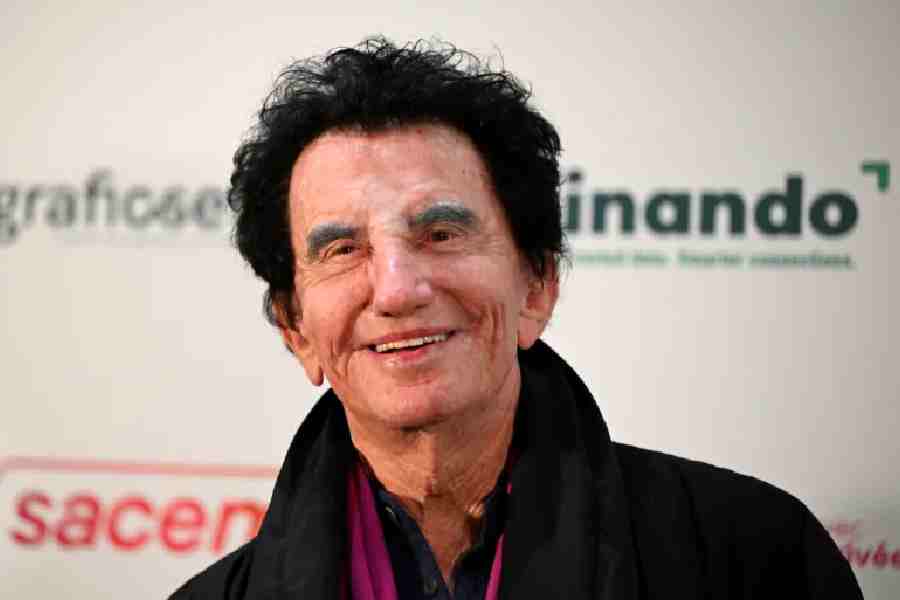I first heard of an ethical will several years ago when I was told that it was a Jewish tradition for a parent, generally the father, to leave a letter or manuscript for his children that embodied his views on the wisdom, values and ethics garnered during his life that he wished to pass on to them.
What a beautiful idea, I thought. When one talks of a will, one immediately thinks of property and jewellery, stocks and shares, and money in the bank ? and the manner in which this material wealth will be distributed. Not that there is anything wrong with this. In fact, by making a will that deals with his material wealth, a person is being eminently sensible. It is only natural that parents should leave their wealth to their children in a manner that is based on what they consider fair and equable, and the existence of such a will generally (though sadly, not always) prevents any acrimony or rancour amongst the heirs.
But if the bequeathing of parental assets is normal and expected, there is yet another estate that parents can leave to their children which, in the long run, can well be a source of greater comfort and happiness than all the property and money they have inherited ? an estate, the bequeathing of which leads to no disputes, divides no property and has nothing to do with wealth. This is the ethical estate. These material and ethical estates do not have to be mutually exclusive. While one leaves a child materially provided, the other provides a son or daughter with an inheritance of sound values, beliefs and ideals.
The idea of an ethical will has begun to spread to the West though it is still a new concept in India. People will argue that there is no need for a written will of this sort here, and they could be right. Indian society, unlike many others, is founded on the strength of family ties, bonds that are cemented by constant communication between the elders of the family and the children. Such bonding brings with it a continuing education in values and morals, with parents and grandparents passing on to the younger generation the essence of the lessons that they have learnt through the years. Parental codes of ethics become ingrained in the minds of their children, and teaching through the example they set, the need for a formal ethical will seems to be unnecessary and redundant.
Yet, how much longer will this continue? With the gradual disappearance of joint families, and the number of households where both fathers and mothers work steadily on the increase, parents find themselves with less time to spend with their children and therefore less opportunity to pass on their reflections on life. In these circumstances, what better way could there be of communicating these than leaving a tangible account of their beliefs and experiences in the form of an ethical will?











